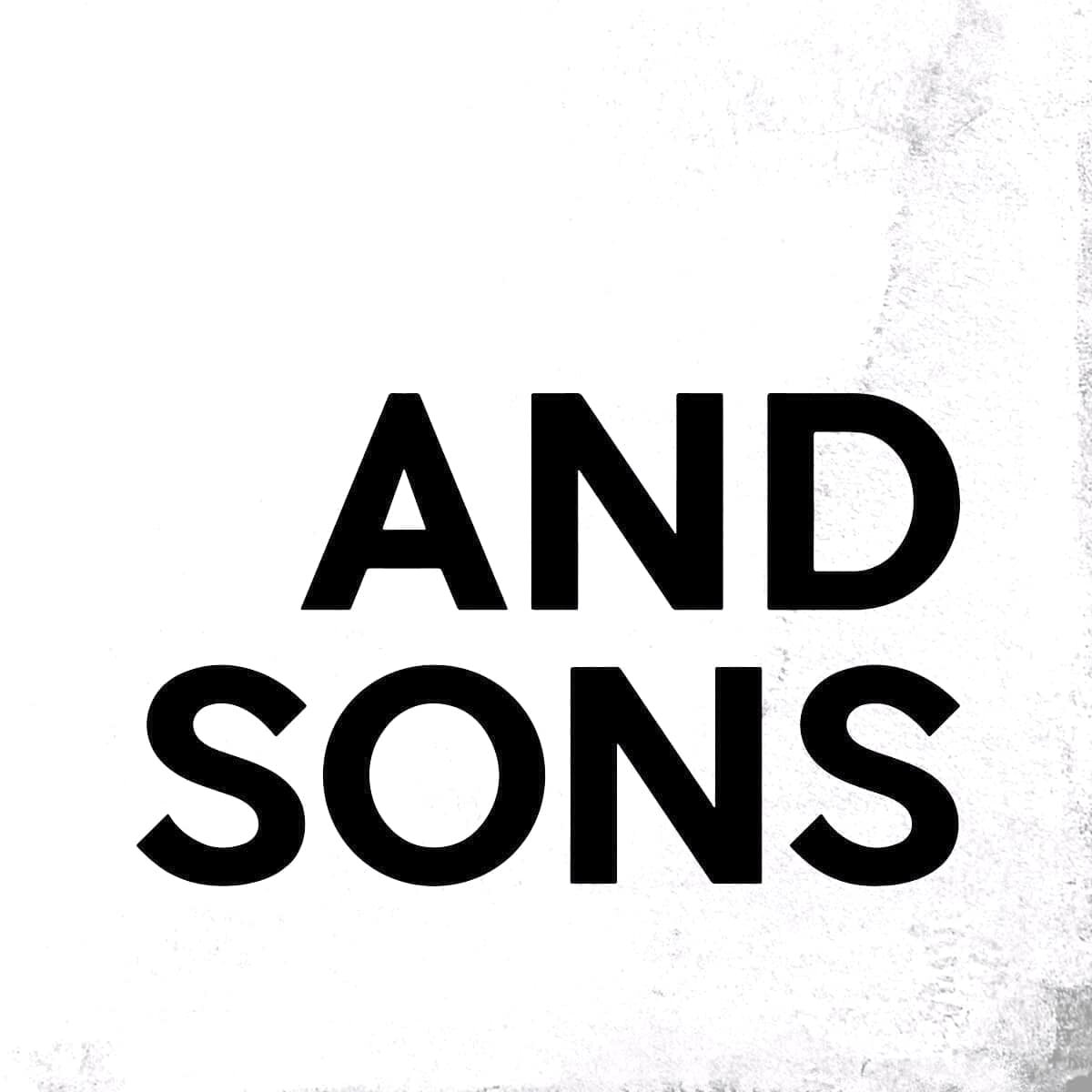Face to Face with A Dying God
Engaging Beauty & Arousal
Words by Andrew J. Bauman
Images by Blaine Eldredge
I was attending a professional training group to improve my therapeutic skills when I was brought face to face with deep, lingering fear and shame around my past treatment of women and idolatry of beauty.
One of the exercises we were asked to do was to pair up with another attendee for uninterrupted eye contact, with our faces about 12 inches apart. We stared into our partner’s eyes for minutes, which felt like hours. We were then asked to complete the following sentences without thinking, from our gut:
“I see in your eyes…”
“I feel shame when I…”
“My fear is that you will see in me…”
This therapeutic technique is called “sentence stems” and is a potent tool that quickly gets into our deepest shadow.
I was paired with a very attractive woman. Her piercing wide eyes immediately drew me in, as my heart sped up. As I stared into this stranger’s eyes, my 13 years of pornography abuse flashed before me, along with my shame about how many women I harmed when I was acting out of my Pornographic Style of Relating (PSR). This woman fit my arousal template (Dr. Patrick Carnes defines an arousal template as “the total constellation of thoughts, images, behaviors, sounds, smells, sights, fantasies, and objects that arouse us sexually”) and, in the past, I would have wanted to objectify and devour her to feed my addiction and numb my unaddressed wounds.
I no longer wanted to engage her beauty in that toxic, degrading way, but I didn’t want to ignore what was going on inside of me, either.
In my experience, the more I try to push uncomfortable emotions away without properly acknowledging them, the more power they have to control me. I had previously only engaged beauty within two extremes: indulge or ignore. I needed to find a third way, and quickly; a healthy way that did not consume or devour beauty and also didn’t act like beauty doesn’t exist or isn’t arousing.
Up until that moment, I didn’t realize how much internal work I still needed to do around this issue. Why did her beauty still have so much power over me? I had to battle fantasy, peppered with thoughts of how much better my life would be if I was with her and not my wife. As sexual thoughts entered my brain, I attempted to let them go as quickly as they entered.
This is embarrassing to admit, but that is how quickly fantasy can enter our minds and derail reality if we are not aware of its power. I wanted to run, but knew I needed to stay present with my fear, present with my arousal, present with her. She terrified me.
As I faced her, my stomach was in knots, and I felt like I needed to vomit. My shame was so close, mocking me, taunting me from somewhere near my right shoulder. I was reminded again and again of my idolatry of beauty, how I unconsciously believed that a beautiful woman could save me, could rescue me from my heartache and my childhood trauma.
In that moment, I was not face to face with another human, but a dying god. I had worshipped at the altar of her feet for 13 years, and unconsciously many years after the porn was gone.
As I faced this woman, I knew little about her except what I could physically see, yet my fantasy had made her less human and filled in the gaps of my lack of knowledge. I felt the presence of the Evil one trying to steal, kill, and destroy (John 10:10); whispering to me to return to a life I lived some 15 years ago. Yet despite my palpable fear, I knew I was being invited into a potential holy moment of deep transformative healing if I could just hold onto courage. If I could reject the siren call of fantasy and pursue truth, I could come face to face with God. God is truth; the more we step into truth, the more we will know God.
What is true is that this woman was beautiful. I did not need to feel shame for acknowledging her beauty, but what I did with her beauty was the question. I could not dehumanize her through either extreme: engaging her as a god or as merely an object. I had to honor her beauty, rather than debasing it through fantasy or idolizing.
Arousal is normally a source of great shame for many, yet the response of being aroused by beauty is a stunning act created by God, calling us to the beauty of heaven. Pornography has caused us to demonize something potentially glorious. When arousal controls you, the problem is not your arousal itself; it’s your choices. We must learn to enter into our fear of beauty with integrity, boundaries, and courage. We must bring what we most fear—for example, past sins of harming women—into the light, to break their controlling power over our lives.
When facing my deepest shame and terror, I had to answer my deepest question and greatest fear: Am I a good man despite the evils I have perpetrated? These complex questions are typically the ones we most want to escape, but what if we decide to no longer judge them? What if we allow these uncomfortable emotions and arousals to come? What if we could practice being with them instead of attempting to annihilate them? What if we could stop naming them “good” or “bad” and simply see them as an opportunity? What if we were curious about their unexpected arrival? Is it possible that they are here to help cleanse us, teach us, and foster redemption and wholeness? What if we could bless, rather than curse, these emotions?
“Within this posture, no matter what comes up in us, we can give ourselves permission to work with instead of against our pain, moving through it and into healing. Nothing is so vile that Jesus cannot redeem it.”
The next day, I knew I needed to process all that was happening in me with the group. Had I chosen to hide my shame, it would have blocked me from doing the work I needed to do for the remainder of the week. I began to stutter about my attraction and shame and all that was swirling inside of me from the previous eye contact exercise. The therapist guided us to the middle of the group and had us stare at each other again. This time, he had me tell her face-to-face what was happening inside of me.
She was gracious and kind as, red-faced, I tripped over my sentences. Over the next few minutes, my shame lessened as I saw in her eyes that my courage was a gift.
The therapist invited feedback from the group and they echoed the same sentiment. The men were in awe of my courage and integrity and the women felt honored and cared for. I was shown how my shame clouds my view of myself. Other people, especially the women, could see how hard I was working to honor and not devour, to be a different man than I used to be. That the only thing holding me back from full liberation was my own harsh judgment against myself. My inner critic was quieted as I believed the words of my caring group members.
My own shame and self-contempt were the things that were actually holding me back from loving well, not because of the sins of my past, but how I was mishandling the sins of the past. Or another way to say this is how Father Richard Rohr puts it: ”We are not punished for our sins; we are punished by our sins.” I continue to punish myself for my sin. It has nothing to do with God, and everything to do with my futile attempt to atone my sin.
On that day, and into the following week, I was able to bless my courage and integrity. Even in low moments when self-contempt and shame reared their ugly heads, I was able to bless my goodness and not let Evil win. I walked out of the group with a new confidence.
Glory looks good on me.
Print isn’t dead.
If you enjoyed this article, you’d probably love more like it in the And Sons print issue. If you don’t have one of these on your coffee table right now, you should probably go explore our back issue catalog.





